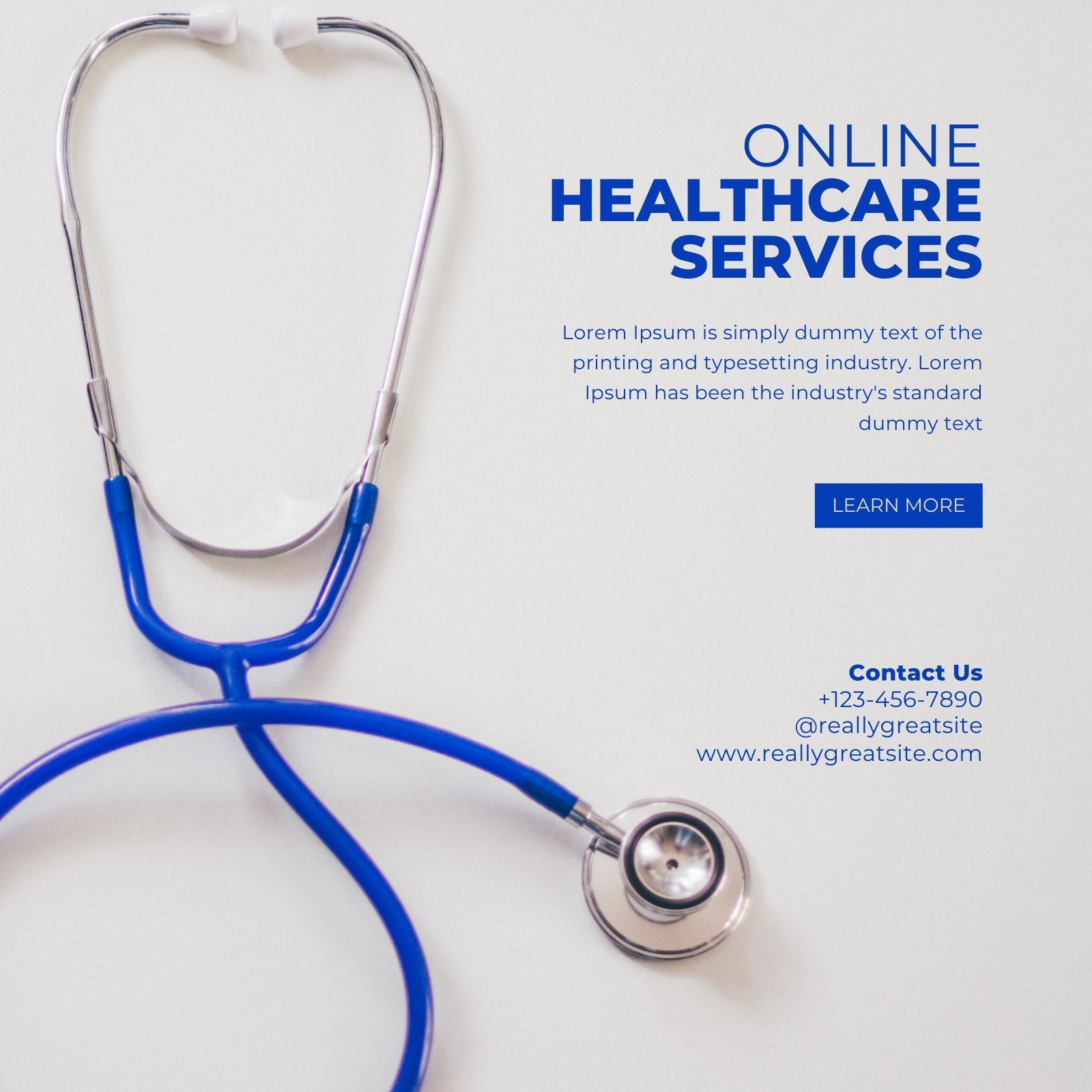Discover the Advantages of Subscription Based Healthcare for Affordable Medical Care
Discover the Advantages of Subscription Based Healthcare for Affordable Medical Care
Blog Article
The Rise of Subscription-Based Healthcare and Its Influence On Client Treatment
As healthcare evolves, the subscription-based model is getting traction, guaranteeing to change person care by offering predictability and availability. These models, which bypass conventional insurance policy, can redefine the patient-doctor dynamic, stressing preventive and tailored treatment. Yet, similar to any kind of advancement, they provide difficulties, especially concerning equitable access for all socioeconomic groups. The possibility for these versions to reshape healthcare distribution increases pressing questions about their lasting sustainability and inclusivity. Are these membership solutions the future of medical care, or do they take the chance of leaving prone populations behind? The intricacies of this change warrant a better examination.
Comprehending Membership Medical Care Models
Comprehending the idea of registration healthcare versions involves taking a look at a transformative approach to clinical solutions that emphasizes price and access. These models, commonly referred to as straight health care (DPC) or attendant medication, have actually emerged as cutting-edge options to standard fee-for-service health care systems. Membership medical care allows people to pay a set monthly or yearly cost for a specified set of clinical services, which may include limitless workplace check outs, routine examinations, and basic laboratory examinations, without the requirement for traditional insurance policy payment.
The framework of registration medical care models is designed to simplify patient treatment by removing third-party payers and complex payment codes, therefore minimizing management burdens. Medical care suppliers can concentrate more on patient care, fostering stronger patient-provider relationships. This design also advertises preventative care by encouraging normal check outs, as the monetary challenge of per-visit fees is eliminated.
The membership design typically equips doctor to take care of smaller sized client panels, enabling even more personalized care. It aligns financial incentives with person wellness results, as carriers are inspired to preserve patient complete satisfaction and well-being. Overall, understanding registration health care models requires identifying their prospective to improve just how care is supplied and accessed.
Benefits for Patients and Carriers

For service providers, subscription-based designs supply the possibility to strengthen patient-provider connections. With a constant earnings stream, healthcare professionals can dedicate even more time to every individual, bring about an extra complete and tailored care experience. This version additionally lowers reliance on high patient quantities, alleviating burnout and boosting job satisfaction. The focus on precautionary care within registration plans can lead to better individual end results and lowered lasting healthcare expenses. By focusing on continual care, suppliers can attend to concerns before they intensify, inevitably profiting the healthcare system in its entirety by reducing the problem on emergency and intense care solutions.
Issues and obstacles
While subscription-based medical care versions existing countless advantages, they additionally come with a collection of difficulties and worries that need to be addressed. This raises moral inquiries regarding equitable access to medical care solutions.
Financial sustainability of subscription-based versions is an additional worry. Suppliers have to stabilize the fixed income from subscriptions with the variable prices of medical care solutions, which might change because of unexpected clinical requirements. This can produce pressure to restrict services or rise charges, possibly affecting person contentment and care quality.
Additionally, regulative oversight of subscription-based healthcare models is still developing. The lack of standardized structures can result in irregular service top quality and responsibility, making complex initiatives to ensure person security. The combination of innovation-- typically a foundation of these models-- elevates questions about data privacy and protection, as delicate person information might be vulnerable to violations. Resolving these obstacles is essential for the equitable and effective implementation of subscription-based health care.
Influence on Patient-Doctor Relationships
One significant impact of subscription-based healthcare models on patient-doctor partnerships is the potential for enhanced continuity and personalized care. By adopting a subscription model, doctors can handle a smaller individual panel, enabling even more specialized time with each person. This increased availability fosters a deeper understanding of an individual's case history, lifestyle, and preferences, making it possible for much more tailored treatment strategies and interventions.

Nonetheless, it is essential to identify that while subscription-based models might profit those who can afford them, they can unintentionally expand healthcare variations. Clients who are unable to take part in these versions might experience lower access to individualized treatment, possibly affecting their connections with doctor. Therefore, while the subscription design offers encouraging advantages for patient-doctor relationships, it additionally positions obstacles that require to be resolved to ensure equitable medical care accessibility.
Future of Health Care Accessibility

The role of innovation can not be ignored in this makeover. Telemedicine platforms and electronic health documents facilitate seamless interaction in between people and doctor, damaging down logistical and geographical barriers. Furthermore, developments in expert More hints system and data analytics can additionally customize healthcare by predicting patient needs and maximizing treatment strategies.
Nonetheless, the future of healthcare gain access to likewise presents obstacles, such as ensuring equity across various socio-economic teams. Policymakers and health care providers need to work together to connect the electronic divide, making sure that subscription-based designs remain cost effective and comprehensive. As these systems develop, they hold the guarantee of making healthcare much more available, efficient, and patient-centric.
Final Thought
Subscription-based healthcare designs are reshaping individual treatment by offering a stable cost structure and enhancing accessibility. The surge of subscription-based medical care encourages aggressive person interaction, which has the potential to boost patient results and contentment, signaling a transformative shift in health care distribution.
As medical care evolves, the subscription-based model is getting traction, promising to reinvent patient care by using predictability and availability.Subscription-based medical care versions offer distinctive advantages for both providers and individuals, enhancing the general healthcare experience.As health care systems evolve, the future of health care accessibility often pivots on the combination of ingenious versions and innovations.Subscription-based healthcare models are reshaping person treatment by supplying a steady expense structure and enhancing accessibility. The increase of subscription-based health care urges proactive navigate to these guys patient involvement, which has the possible to enhance client end results and fulfillment, signifying a transformative change in medical care delivery.
Report this page